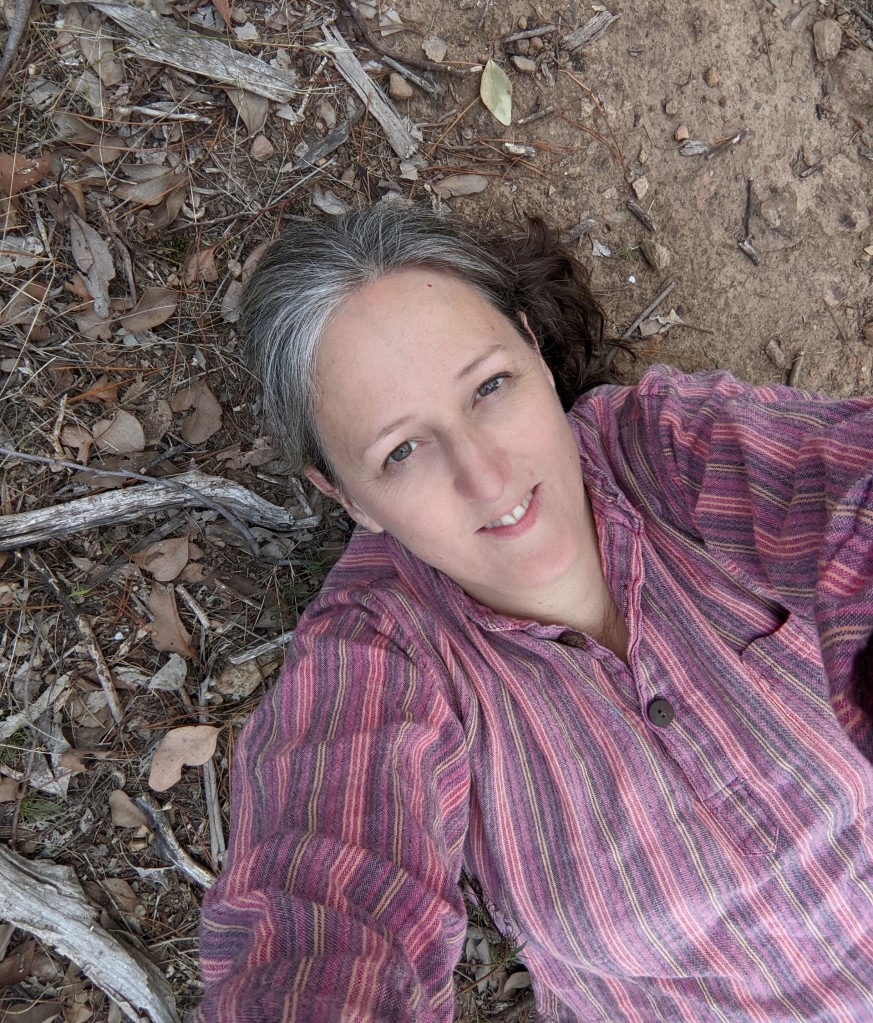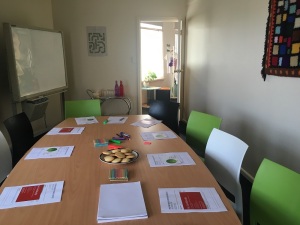What’s working well for you in managing your wellbeing?
This is a question I asked at a lunch I ran last week for a local business hub in Castlemaine.
The responses included… meditation, fitness activities, healthy eating and getting out in nature. These are such wonderful things to do to help boost positive emotions that help us feel good and function well in the world.
I’m currently studying a Certificate in Creating Wellbeing with an organisation called Michelle McQuaid – leaders in wellbeing conversations and cultural change. This course is funded by the Mental Wellbeing of Business Communities Grant Program through Business Victoria. As secretary of Business Mount Alexander, I’m rolling out a series of three catered events for people in business throughout the Mount Alexander shire to learn more about this important topic.
Workplace studies have found that when people have higher levels of wellbeing they are likely to feel more engaged, be more productive, satisfied in their job and less likely to burn out. Wellbeing reduces likelihood of quitting, reduces workplace incidents, lowers absenteeism and staff turnover.
Michelle McQuaid uses Dr Martin Seligman’s PERMAH Framework (2012) which points to six wellbeing factors that enable us to feel good and function well: Positive Emotion; Engagement; Relationships; Meaning; Accomplishment and Health. Cultivating each of the PERMAH factors can help us thrive and this model caters for everyone where our wellbeing needs are different and varied depending on who we are, what’s happening around us and the choices we are making.
We typically move in and out of feelings of stress on varying levels every day as our nervous system responds to events and activities.
So how do we become an active participant to best manage our mental health and wellbeing? Acknowledging and reflecting on ‘what’s working well’ for yourself and others is a wonderful step but how do we make change when things are not going so well?
Where are you struggling?
This is an important question to ask as it helps us think about and identify what is happening now and what steps or actions we can take.
- Perhaps you work in a solo business and feel a lack of connection?
- Is your end-of-financial-year paperwork piling up?
- Are you seeking a career change and going round in circles with indecision?
What have you tried?
What I’ve learnt in my wellbeing training is to start small. Researchers have found that we best care for our wellbeing by regularly engaging in wellbeing activities, also known as ‘positive interventions’. It’s about creating tiny habits that help us make the change we need. I’ve printed out and stuck a chart on my wall to remind me of simple things that I can try, including:
- Savouring the good things
- Phoning or messaging a friend for a chat
- Reflecting on what you’ve learned at the end of each day
- Helping someone with a five minute favour
- Scheduling rest breaks
- Breathing deeply
Personally, I had been struggling with low energy each day, I felt quite sluggish and unmotivated. I noticed my diet was carb heavy and I wasn’t doing much exercise.
So I tried an app called Streaks as a tool to help me work towards my health & fitness goals. The app allows you to enter five daily habits you want to commit to. Mine were:
Walk | Drink 3 glasses of water | Eat Greens | Eat Protein | Read
Each night before bed, I mark what I’ve completed and the app shows a streak of my ‘achievements’ over time. If I miss a day then the streak resets to zero, but when I view the month it highlights all the days I’ve completed each task.
I’m happy to report I’m exercising more and eating less carbs, which flows on to feeling much better.
Understanding why you want to make improvements (using the PERMAH model for example) and committing to consistently prioritising your new habits will help sustain your motivation to succeed.
What have you learnt?
We know the saying – Nothing ventured, nothing gained. Sometimes when we try new things they don’t always work. Rather than seeing this as a failure, this is feedback for us and rather than beating yourself up with self-criticism, instead practise self-compassion for your efforts. This is a time to learn from the experience and adjust, which loops us back to ‘playfully experimenting’ with introducing another small change (tiny habit)!
Conclusion
Caring for our wellbeing can be challenging and feelings will ebb and flow based on our efforts and what is happening in the world around us. When we make time to actively participate in caring for our wellbeing, we begin to notice incremental improvements, leading to feeling happier, healthier, more productive and resilient. Yes, it takes effort and commitment but by prioritizing a small amount of time each day can set you on the path to feeling good.
You can listen to the sound recording (9 mins) of this article which was presented on Gen’s radio show about mental health and wellbeing – Mind Ya Head (94.9 mainFM).












 Coworking space
Coworking space Is it time for a career change? Are you feeling stuck in your current job and want to explore regional employment opportunities?
Is it time for a career change? Are you feeling stuck in your current job and want to explore regional employment opportunities?


